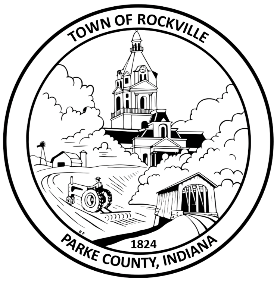
For approximately a year, the Rockville Town Council has discussed what to do with stormwater rates, and, on Monday night, another ordinance was passed tackling stormwater rates in the town limits. The measure passed 4-1 with council president Dave Brown voting against the measure.
However, this time, the approval came with a declaration that since 2006, the town has lost out on hundreds of thousands of dollars by not enforcing ordinances already on the books.
According to Brown, the town has lost out on $156 thousand since 2009.
"I have a couple of questions about this. I have asked this question of the stormwater board, and I have yet to get an answer from you, how are you guys fixing people who are not paying presently and people who are not being charged their rate, how are you going to fix that," Brown asked.
Councilman Steve Waltz, who is also on the stormwater board, said by making sure the town's clerk-treasurer implements the ordinance. Brown fired back asing, how.
"It's not just loading it into the server. If you don't exist in there right now, you aren't going to exist and will have to be manually put in. I want to know how that is going to happen," Brown said.
Waltz said as people who have "dropped through the cracks" are found, they will be added in. Council Vice President Parke Swaim echoed those sentiments, saying it hinges on the clerk-treasurer implementing the ordinance.
"If it can't be done, the board needs to know. That's what happened in '09," Swaim said.
Brown said in 2009 there was a $6 charge that was in place, but it wasn't enforced, and, as a result, the town has lost out on money.
"I don't know how many bills we had at that point, but the clerk-treasurer at the time should have known how many and how many slipped through the cracks. A $6 charge at a thousand residents is $6,000 a month. If we are only bringing in $5,000 that should have been a trigger that somebody should look at this because we are losing a thousand dollars a month. What I figured up over the last 16 years going by what was being charged from '09 to '16, '16 to '23 and '23 to present, the town has lost about $156 thousand in stormwater collection," Brown said.
Waltz acknowledged there has been a problem in the past.
"It is the due diligence of the town board overseeing it and asking for it to be audited. We know there is a problem from the past, and we discovered it when we started looking at hard surface areas and that let us know that things weren't being billed. All we can do is implement what it looks like we can implement and go back and audit it," Waltz said.
Brown said the board never once made an attempt to correct the matter, despite knowing about it.
"We, as a board, could have voted to look at people who weren't paying and weren't paying their fare share. We could have voted that in without an ordinance. We had a standing ordinance saying what we should do," Brown said.
Swaim asked when the board should have done that.
"When you guys started talking about it and the stormwater board decided to raise rates. I would've looked at revenue first thing to see if we even need a raise.We have lost at least $156 thousand. I don't want to get into a situation where raise the rates $2 and the same thing goes on," Brown said.
Brown said in 2015 there were 145 businesses and properties that were over the minimum square footage that should have been billed, but only 24 paid an extra bill, while over 100 did not. Brown further pushed saying those who did not pay then are still not paying currently.
"You've beat that horse enough," Swaim told Brown.
The Parke County Post had previously filed a Freedom of Information Act request to obtain the spreadsheet in question. The spreadsheet states the property owner or business, the estimated surface area, address and some have a dollar amount written next to them. Both Waltz and Brown are on the spreadsheet with rates that were charged. Two properties belonging to Swaim are on the spreadsheet at the same address but under different surface areas and there is no dollar amount showed for what he has been charged. In addition, there are the names of many businesses in the town limits that have not been charged.
The council was asked twice how about the shortfall and how it would make sure the funds were collected correctly under the new ordinance. Swaim chastized those in the audience asking about lost revenue.
"I don't think that is the thing to focus on really. It's not that much revenue if you look at what is being generated. That is a very poor thing to focus on. You're looking for something sensational," Swaim said.
Brown said that while the funds may not seem like a lot in the overall town budget, it was a lot of money that has been lost forever.
"I do want to say something. A hundred and fifty-six thousand dollars in the town budget is not much. It is a substantial amount of money," Brown said, prompting Swaim to interject that the amount is not that high of a percentage compared to what has been brought in.
Swaim's comment was met with some in the audience asking if he really said that and another question about if the shortfall would have helped the town's finances and how the council will ensure businesses and property owners are billed.
"The problem is we found an error and we want to correct that. That money would have helped. I'm not saying that money wouldn't have helped. Duh, that's obvious," Swaim said.
Waltz said an audit is the "missing piece" to make sure this doesn't happen again.
"Dave has his estimates, but we don't know if that is accurate. It might not be," Waltz said, causing Brown to say he believed his estimate was low.
Both Waltz and Swaim said nobody on council was aware in 2015 that there was a problem.
"Everyone was under the assumption the clerk-treasurer was able to implement the ordinance the way it was over the years. There have been four clerk-treasurers since this ordinance thing has started, and it just got passed on. Nobody knew things weren't right until we started to look at the equity issue of who is generating runoff and how we deal with it. You have to start somewhere. You can't go back. We tried to look at this and see what we can do, and we have to clean it up, come up with a new ordinance, implement it and look at it. That's what it is. We've talked about it and nobody has come up with better ideas," Waltz said.
Swaim said it was up to the town board and clerk-treasurer to make sure the ordinance was implemented and funds were coming in properly.
What will the new rates be?
The proposed ordinance states that every property owner in Rockville with a hard surface area will incur a stormwater fee obligation and the obligation is to be increased based on hard surface area. In addition, it states that in the instances of multi-family dwellings, the bill will go to one owner, who will decide how to split the bill up.
Under the ordinance, those with a water meter and those without a meter that own at least 500 square feet or more of hard surface area even if no water, electric or sewage services connected to the property will be subject to an increase.
Any property outside the town limits with water service will pay a storm fee only if a portion of the property they own drains into the municipal boundary or passes through drainage infrastructure the Town maintains.
Town officials have defined a hard surface area as an area where rainwater's ability to get into the subsoil is significantly reduced, and examples include: asphalt, brick, concrete, gravel and stone.
For those with a square foot area of 0 to 15,000, the rate will be $10.68. Those with 15,001 to 30,000 will pay $21.36, while those with 30,001 to 45,000 will pay $32.04 and anything over 45,000 will be charged $42.72.
Clerk-Treasurer Brandy Asher said one issue she has is having to confirm every bill and what is being charged.
"We print 2,500 bills and currently we have 1,200 storm charges," Asher said.
While the ordinance will go into effect Jan. 1, 2026, Asher said residents will not see a change until their March 10 deadline. Asher and Brown also acknowledged the date could be subject to a change. Council was asked what the intentions were if not everything was ready and all the information was not gathered by Jan. 1.
"If we get into mid-December and there's still work to be done, we can push it back," Brown said.
Waltz, however, offered a different perspective.
"My intent is effective Jan. 1, this is what your bill should be. If you happen to be someone who hasn't been billed, you got a better deal for a while until it can be corrected. It is that auditing and that awareness that we have to keep after it until it's done. Previously, they had an update and part of Dave's concern is some people were paying more and others didn't. Well, people were still paying, they just weren't paying what they should of. The ball was dropped. Again, the key is January 1 not dropping the ball. Yeah, there might be people paying the old rate...if you wait until it's perfect, you'll never get it," Waltz said.
Asher said she had "no desire" to enter anything until she has a full, complete list that she knows she can enter.
"I do not think it is fair or justifiable to start entering some people. That's what happened in 2015, changes were made and it was given up on and it was stopped. That's why you have some people paying less, some people paying more and some not paying at all. I am not going to be a clerk-treasurer in that position. I will not enter and charge you a rate and not someone else because I haven't gotten to them. I will not do that," Asher said.
Waltz asked Asher why she then gave a date of Jan. 1 when asked for an effective date.
"That is what Nick and I decided on for the ordinance. You can push it back to July 1 or January of 2027, but you can't enter stuff until you have your list of people to enter into the system," Asher said, referencing her discussion with town attorney Nick Sauter about a date for the ordinance. "I am not interested in making any changes unless I can audit and make sure every customer is being billed correctly. It is not fair to start entering and if you cannot get it done so be it to those customers who are paying more or less."


 SW Parke Community Schools looking at Revision Project
SW Parke Community Schools looking at Revision Project
 NWS extends Winter Storm Warning to Monday morning
NWS extends Winter Storm Warning to Monday morning
 President Donald J. Trump approves emergency declaration for Indiana
President Donald J. Trump approves emergency declaration for Indiana
 IDHS activates State Emergency Operations Center in response to winter storm
IDHS activates State Emergency Operations Center in response to winter storm
 Scholarship Fund honors former Coach Blank
Scholarship Fund honors former Coach Blank
 Winter Storm Watch in effect for the weekend, heavy snow possible
Winter Storm Watch in effect for the weekend, heavy snow possible
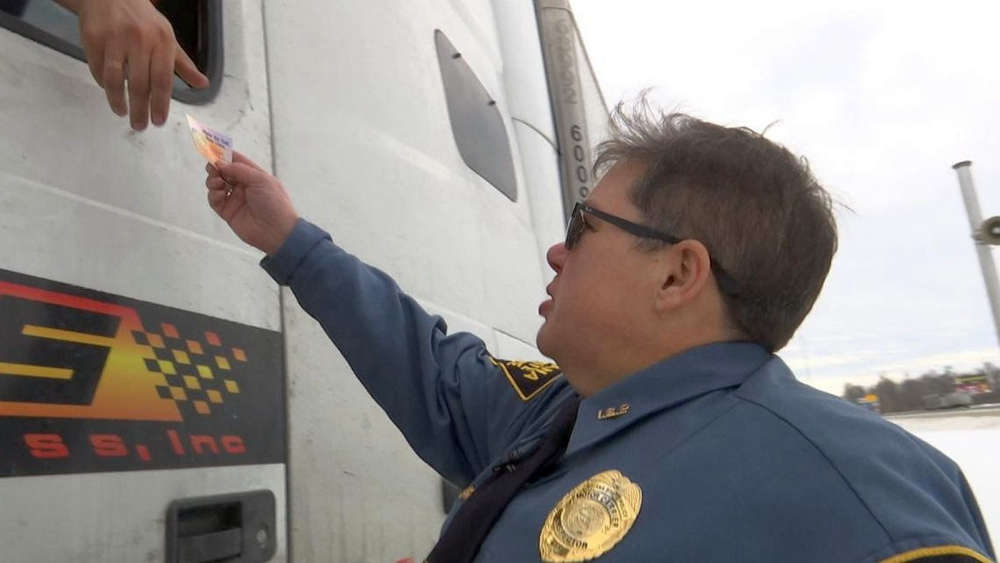 ISP releases Human Trafficking Awareness Initiative results
ISP releases Human Trafficking Awareness Initiative results
 Indiana House Page Program available during 2026 session
Indiana House Page Program available during 2026 session
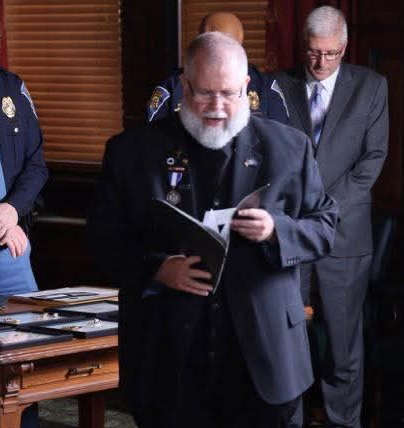 Indiana State Police seeks volunteer chaplains to support trooper wellness and resilience
Indiana State Police seeks volunteer chaplains to support trooper wellness and resilience
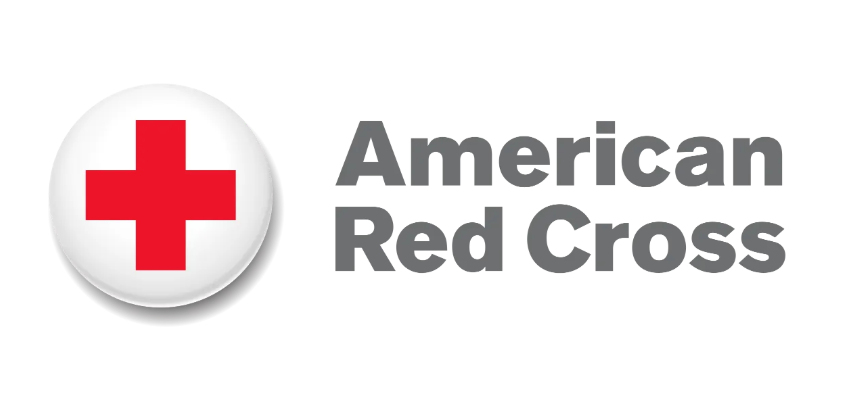 American Red Cross urges the public to donate blood
American Red Cross urges the public to donate blood
 Rheese Benjamin finishes 8th at wrestling state finals
Rheese Benjamin finishes 8th at wrestling state finals
 USDA launches Lender Lens Dashboard to promote data transparency
USDA launches Lender Lens Dashboard to promote data transparency
 Cancer Action Day at the Indiana Statehouse: Advocates call for legislation to reduce the burden of cancer
Cancer Action Day at the Indiana Statehouse: Advocates call for legislation to reduce the burden of cancer
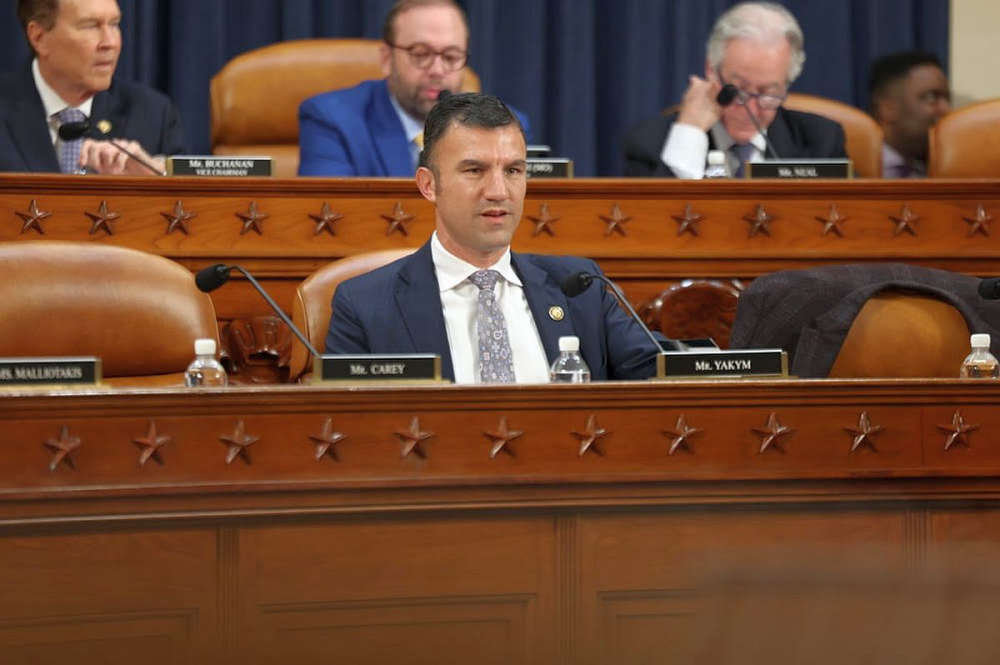 U.S. Rep. Yakym’s bipartisan BARCODE Efficiency Act Advances
U.S. Rep. Yakym’s bipartisan BARCODE Efficiency Act Advances
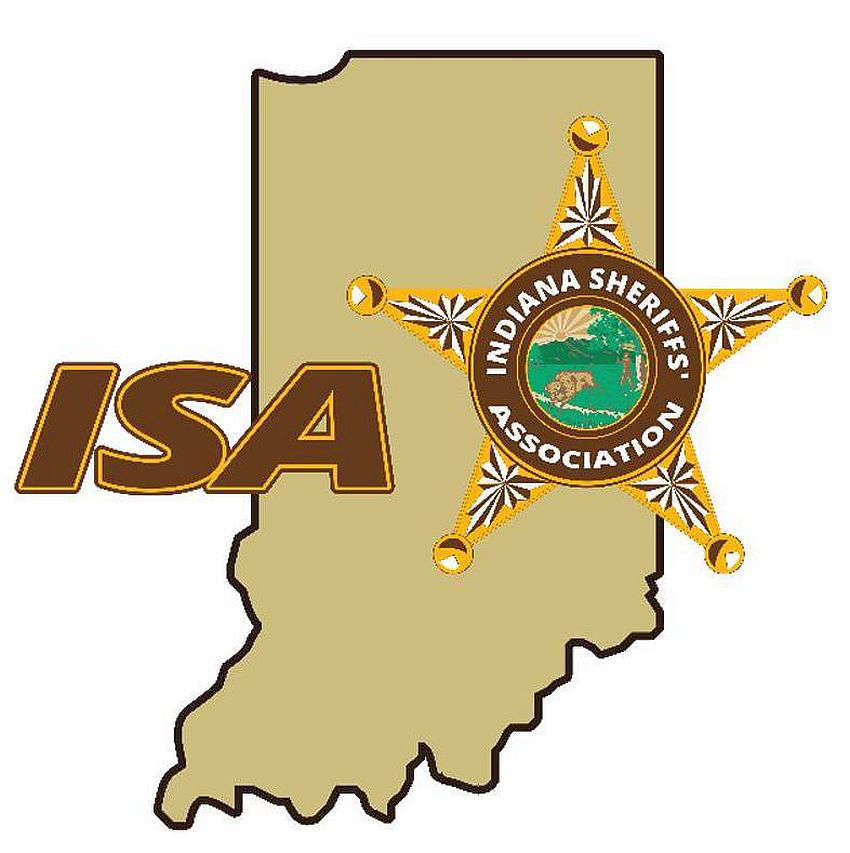 Applications available for Indiana Sheriffs' Association college scholarships
Applications available for Indiana Sheriffs' Association college scholarships




